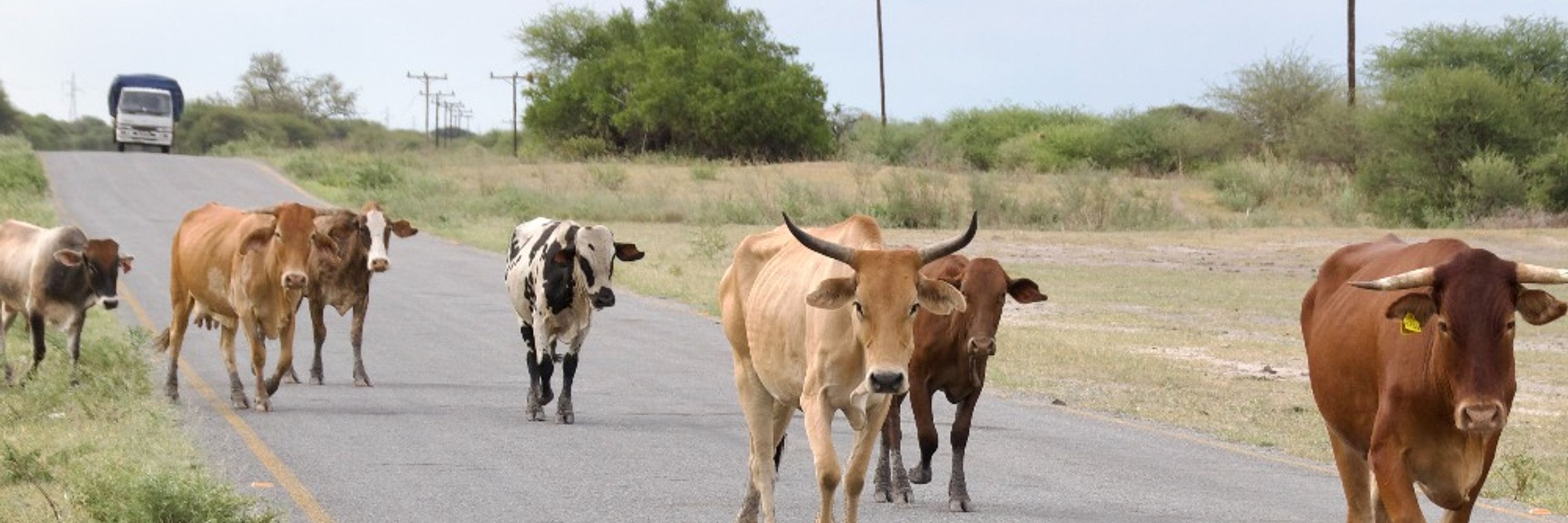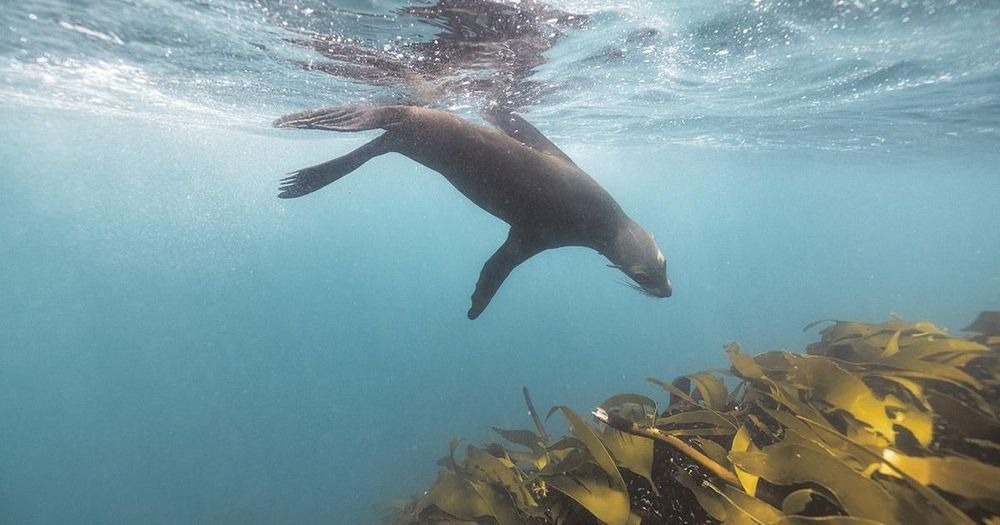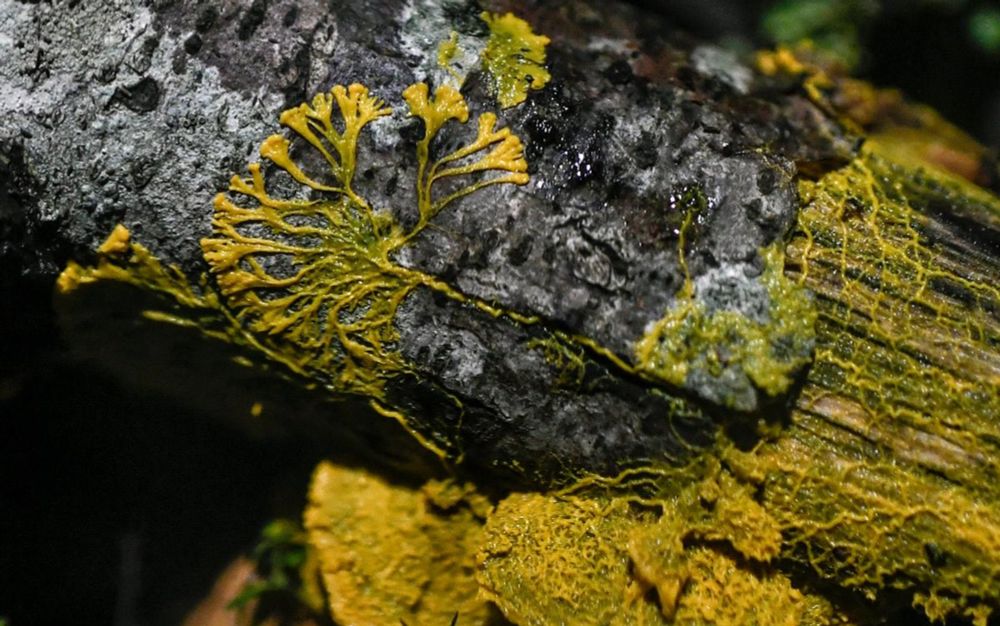Wisse van Engelen
@wissevanengelen.bsky.social
340 followers
200 following
52 posts
PhD researcher at University of Cologne & University of Twente | Studying wildlife conservation & disease control in Botswana
Posts
Media
Videos
Starter Packs
Reposted by Wisse van Engelen
Reposted by Wisse van Engelen
Reposted by Wisse van Engelen
Josh Milburn
@joshmilburn.bsky.social
· Jun 12

PhD Position: Transforming Governance through Non-Human Animal Representation | Radboud University
Do you want to work as a PhD Position: Transforming Governance through Non-Human Animal Representation at the Nijmegen School of Management? Check our vacancy!
www.ru.nl
Reposted by Wisse van Engelen
Reposted by Wisse van Engelen













